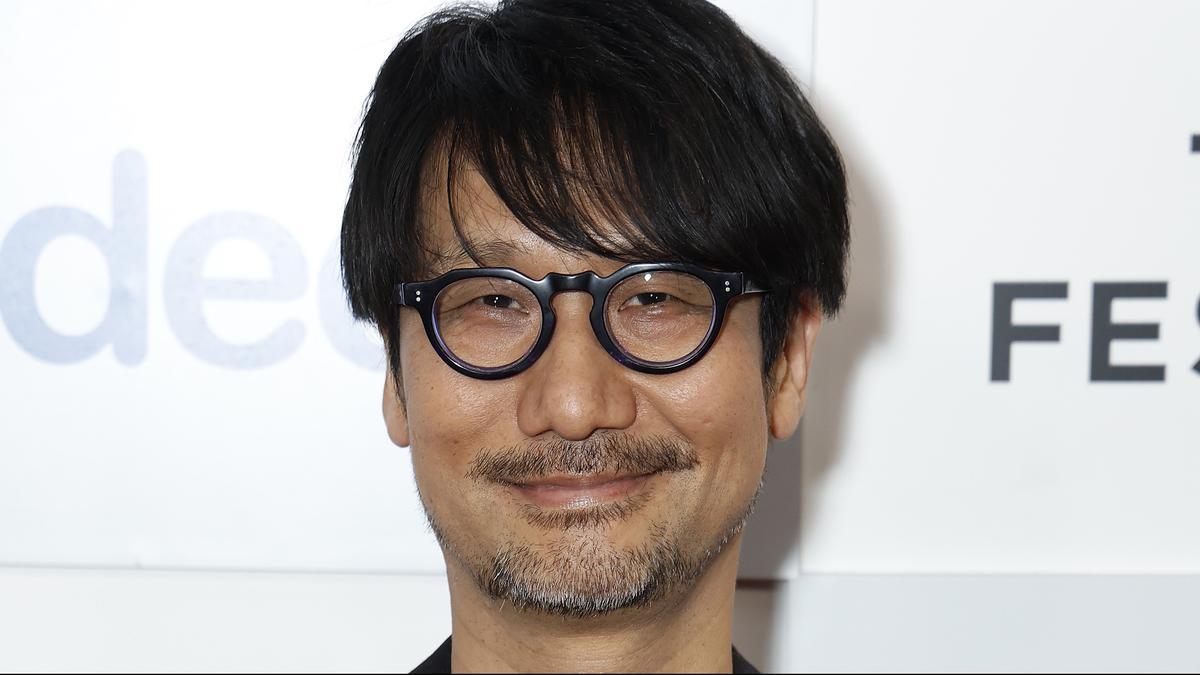
In a surprising turn of events, Hideo Kojima, the mastermind behind critically acclaimed video games such as Metal Gear Solid and Death Stranding, has stepped into the cinematic discourse with a bold prediction that is generating buzz. In a recent series of posts on social media, Kojima shared his belief that “Joker: Folie à Deux,” the sequel to the smash-hit “Joker,” will eventually garner a cult classic status, despite the current wave of disapproval it faces.
Released earlier this year, “Joker: Folie à Deux” was anticipated to resonate with audiences in the same seismic manner as its predecessor. However, the reality has proven to be more sobering for fans and stakeholders alike. Reports indicate that the film earned just over $200 million in its initial month—a considerable drop from the $1 billion success that the original “Joker” had secured. Furthermore, reviews have been damning, with many critics voicing sharp disapproval of the film’s direction and execution.
Despite this initial reception, Kojima has expressed strong support for the film’s potential longevity and impact. Through his Twitter account, he articulated his thoughts on the film’s ambition and intricate narrative structure. According to Kojima, “The beginning of the film is an animation sequence… depicting a story of Joker and Joker’s shadow,” a style he finds reminiscent of nostalgic animation classics like “Looney Tunes.” This choice serves as a unique bridge into the darker themes that unfold, lending the narrative an unusual but potent sense of depth.
The focal point of Kojima’s praise is the film’s exploration of moral complexity and identity, particularly the duality between the Joker and Arthur Fleck.
. He posed the provocating question: “Is the admiration for the Joker rooted in the man himself, or the chaotic persona he embodies?” This inquiry delves into a profound area of human psychology and duality, areas that Kojima himself is known to explore through his own storytelling in the gaming industry.
Kojima argues that the mixed reception is likely a consequence of the unrelenting evolution of the superhero genre—a genre that, according to him, is still in its nascent stages of maturing. He suggested that, “This film’s reputation will likely change along with the permeation of hero movies to come.” His belief is that as the industry evolves and audiences’ tastes diversify, “Joker: Folie à Deux” will eventually be reconsidered and appreciated as a nuanced piece of cinema.
Interestingly, Kojima’s statements drew nods from other individuals within the creative industry. Notably, esteemed filmmaker Quentin Tarantino recently applauded Joaquin Phoenix’s stellar performance in the film, highlighting the unique meta-narrative that underpins it. Tarantino, a bastion of unconventional storytelling himself, recognizes a kinship in the risks taken by “Joker: Folie à Deux.”
While it remains uncertain how future generations will view “Joker: Folie à Deux,” Kojima’s confidence offers a new perspective from a creator known for revolutionizing his own medium. Kojima’s advocacy is a reminder that time often plays an essential role in defining a piece of art’s impact and legacy. As history has shown, numerous works that once divided opinion have later been embraced as pioneering treasures.
For now, “Joker: Folie à Deux” stands at the center of cinematic controversy, yet it remains buoyed by the belief of creative minds like Kojima and Tarantino. It is an assertion that certain creations, though initially misunderstood, may find their place within the annals of cultural heritage over time.
As audiences across the globe continue to carve out and redefine what makes a film eternal, only time will unveil whether “Joker: Folie à Deux” achieves the revered status that Kojima envisions—a ‘folie à deux’ between the art form and its eclectic followers.












